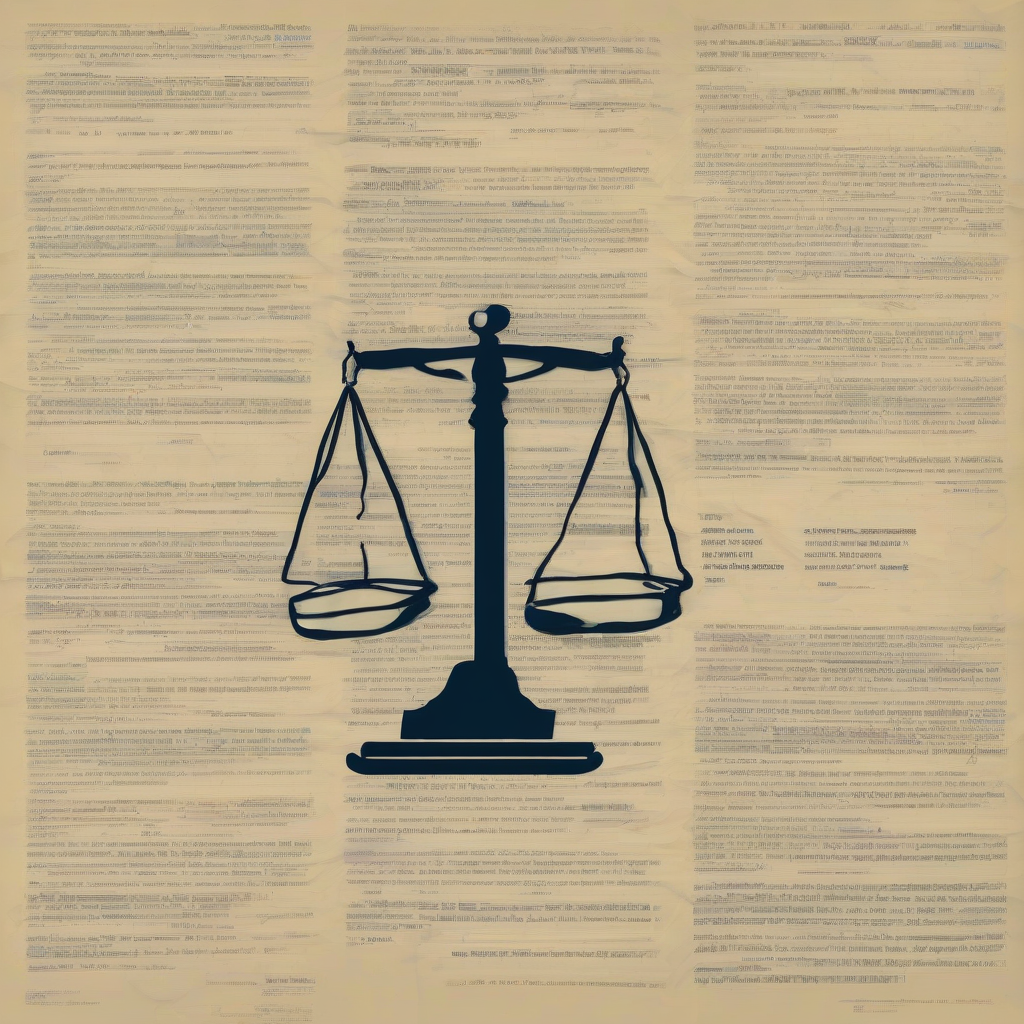1031 Exchange: A Comprehensive Guide for Investors

1031 Exchange: A Comprehensive Guide for Investors
A 1031 exchange, also known as a like-kind exchange, is a powerful tax deferral strategy available to investors in the United States. It allows individuals to exchange real estate for other like-kind real estate without paying capital gains tax on the sale of the original property. This guide will delve into the intricacies of 1031 exchanges, covering everything from eligibility requirements to the mechanics of the exchange process.
Understanding the Basics
- What is a 1031 Exchange? A 1031 exchange is a transaction where an investor sells a property and simultaneously purchases another property, deferring capital gains tax. The key requirement is that both properties must be "like-kind," meaning they fall under the same IRS classification.
- Tax Deferral, Not Avoidance: It's crucial to understand that a 1031 exchange only postpones capital gains tax. When the investor eventually sells the replacement property, the tax liability will be realized and calculated based on the cumulative gains throughout the ownership period.
- Eligibility: Not all real estate transactions qualify for a 1031 exchange. The IRS has specific regulations governing eligible properties, including:
- Both properties must be held for business or investment purposes.
- The properties must be of "like-kind," meaning they fall within the same IRS classification.
- The exchange must be executed according to IRS guidelines.
Benefits of a 1031 Exchange
- Tax Savings: The primary advantage of a 1031 exchange is the ability to defer capital gains tax. This can result in significant financial savings, especially for high-value properties.
- Growth Potential: By deferring tax, investors can reinvest more capital into a new property with potentially greater growth potential.
- Portfolio Diversification: 1031 exchanges allow investors to diversify their portfolios by acquiring new properties in different markets or property types.
- Estate Planning: By deferring tax, 1031 exchanges can be an effective tool for estate planning, minimizing tax burdens for heirs.
Types of 1031 Exchanges
- Simultaneous Exchange: In this type, the sale and purchase of properties occur concurrently. This is a more straightforward process but often requires both parties to be ready for a simultaneous closing.
- Delayed Exchange: A delayed exchange, also known as a "reverse exchange," allows for a more flexible timeline. The investor sells the relinquished property first and then has up to 180 days to identify a suitable replacement property. The closing on the replacement property can occur up to 45 days after the identification period.
- Starker Exchange: This is a special type of delayed exchange where a Qualified Intermediary (QI) acts as a temporary custodian for the sale proceeds. The QI holds the funds until the replacement property is identified and purchased.
The 1031 Exchange Process
- Identify a Qualified Intermediary (QI): An independent third party, such as a specialized escrow company or attorney, will handle the exchange process to ensure compliance with IRS regulations.
- Identify a Replacement Property: The investor must identify a replacement property within the specified timeframes (45 days for a delayed exchange).
- Execute the Exchange: The QI will facilitate the exchange process, including the transfer of funds, closing on the replacement property, and any necessary documentation.
- Complete the Exchange: Once the replacement property is acquired, the 1031 exchange is completed, and the tax liability is deferred.
Important Considerations
- Timeframes: The IRS has strict timeframes for identifying and acquiring a replacement property. Failure to meet these deadlines could jeopardize the tax deferral.
- Like-Kind Requirements: Ensure that the replacement property meets the IRS's "like-kind" requirements to qualify for the exchange.
- Cost: 1031 exchanges involve fees for the QI, attorneys, and other professionals. These costs should be factored into the decision-making process.
- Potential Tax Implications: Remember that the tax liability is deferred, not avoided. When the replacement property is eventually sold, capital gains tax will be realized.
Who Should Consider a 1031 Exchange?
- Real Estate Investors: 1031 exchanges are particularly beneficial for investors who wish to continue investing in real estate without incurring immediate capital gains tax.
- Business Owners: Business owners who own property used in their operations can use 1031 exchanges to upgrade or expand their facilities while deferring tax.
- High-Net-Worth Individuals: 1031 exchanges are attractive to individuals with significant capital gains from real estate investments who want to minimize their tax burden.
Conclusion
A 1031 exchange can be a powerful tool for real estate investors seeking to defer capital gains tax and maximize their investment potential. Understanding the complexities of the exchange process, the eligibility requirements, and the potential tax implications is crucial for making informed decisions. Consulting with a qualified tax advisor and experienced real estate professional can provide valuable insights and guidance to ensure a successful 1031 exchange.
What's Your Reaction?

















